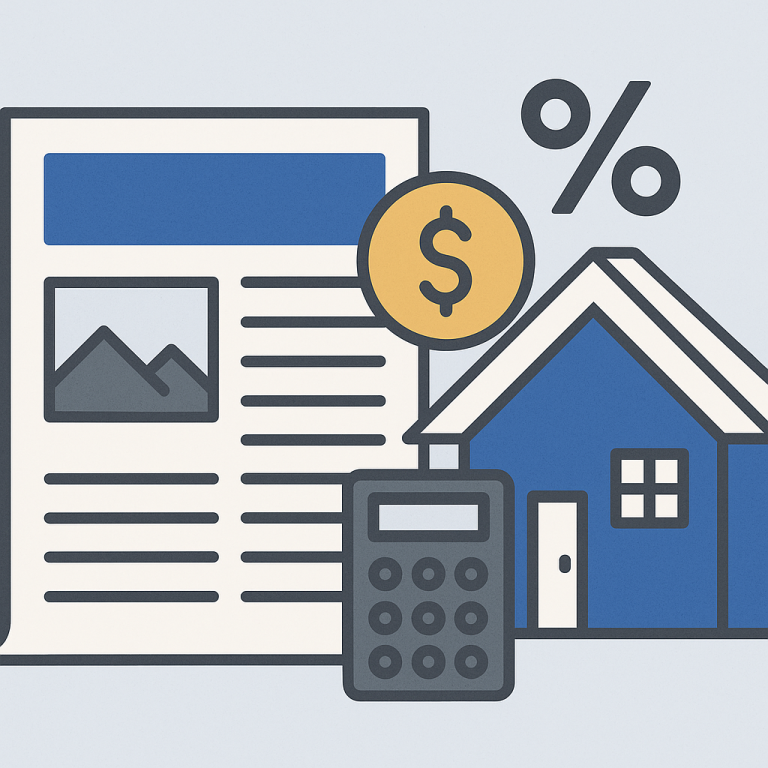Refinance guide community property states and refinance underwriting
Community Property States and Refinance Underwriting: What Homeowners Need to Know
When you’re refinancing a mortgage in a community property state, state law affects how lenders underwrite the loan, who must sign, and what rights the non-borrowing spouse retains. This article explains what community property means for refinancing, when it matters, the benefits and drawbacks, typical costs, the step-by-step process, common pitfalls, and answers to frequently asked questions.
What community property is — and when it makes sense for refinancing
Community property is a legal regime used in some U.S. states that treats most assets and debts acquired during marriage as belonging equally to both spouses. The nine primary community property states are Arizona, California, Idaho, Louisiana, Nevada, New Mexico, Texas, Washington, and Wisconsin. Alaska allows couples to opt into a community property system under certain agreements.
Refinancing in a community property state matters any time title is in one spouse’s name but the couple is married, or when one spouse has liabilities that could affect loan eligibility. It especially makes sense to pay attention to community property rules when:
- One spouse wants to refinance in their name only
- There are significant debts (student loans, credit cards) in either spouse’s name
- The property was acquired during marriage
- You’re applying for a cash-out refinance or a HELOC
Benefits and drawbacks
Benefits
- Predictable ownership rules: Lenders and title companies usually know how to handle signatures and releases in community property states.
- Protection for both spouses: Community property laws can prevent one spouse from unilaterally disposing of property acquired during marriage without the other’s acknowledgment.
- Opportunity for sole-borrower refinancing: With proper documentation, one spouse can obtain a refinance without adding the other to the loan if lender requirements are met.
Drawbacks
- Additional paperwork: Lenders commonly require spousal joinders, signatures, or waivers, increasing closing complexity.
- Possible inclusion of spouse’s debts: Underwriting may consider community obligations or require documented waivers, which can reduce qualifying income or increase debt-to-income ratios.
- Title risk if not handled correctly: Failing to get required spousal acknowledgments can create clouds on title that complicate future sales or refinances.
Costs and fees to expect
Refinancing costs in community property states are similar to other states but often include a few extra items:
- Standard closing costs: lender fees, appraisal, escrow, recording fees, and title insurance.
- Title endorsements or spousal joinder fees: additional title company work for spousal signatures and endorsements.
- Notary and document preparation for spouse signatures; sometimes a notary must witness a separate spousal acknowledgment.
- Attorney fees if you choose or need legal advice on community property rights or drafting a waiver.
These extra items are usually modest relative to the total closing costs, but you should budget for them and ask your lender or title company for an itemized estimate early in the process.
Step-by-step: How refinance underwriting typically works in community property states
- Initial consultation: Tell the lender the state where the property sits and whether you’re married. Lenders will flag community property requirements early.
- Pre-approval and documentation: Provide income, assets, and debts. The lender will decide if spouse debts need to be considered for qualifying.
- Title review: The title company checks deed records to verify ownership and whether the property was acquired during marriage.
- Spousal signature requirements: If the title company or lender determines the non-borrowing spouse has a community interest, they will request a spousal joinder, waiver, or homestead release signed by that spouse.
- Appraisal and underwriting: The property is appraised and the lender completes underwriting, potentially treating community obligations per its underwriting guidelines.
- Clear-to-close and closing: Both borrower and, if required, spouse sign closing documents. Title endorsements or waivers are recorded.
- Post-close: Lender funds the loan, old mortgage is paid off, and updated title documents are recorded with the county.
Common pitfalls to avoid
- Assuming spouse signatures aren’t needed: Even if the non-borrowing spouse isn’t on the new loan, they may still need to sign to release community rights or homestead interests.
- Ignoring spouse’s debts: Some lenders include the non-borrowing spouse’s debts when calculating the debt-to-income ratio; failure to disclose can lead to denial.
- Using the wrong documentation: A quitclaim or deed change without lender and title company approval can create title issues and delays.
- Waiting until closing to involve the spouse: That can cause last-minute hassles if the spouse is unavailable or refuses to sign—address this early.
- Overlooking divorce or separation agreements: Existing agreements may affect whether a spouse must sign or how property is classified; disclose them to the lender.
Short FAQ
Q: Does my spouse have to be on the mortgage to refinance in a community property state?
A: Not always. The spouse doesn’t necessarily need to be a borrower, but many lenders require a spousal signature (joinder or waiver) to acknowledge or release community property rights. Check with your lender and title company early.
Q: Will the lender consider my spouse’s debts when qualifying me?
A: Some lenders do, depending on their underwriting rules and whether state law could make the borrower liable for community debts. Disclose spouse liabilities upfront so the lender can advise.
Q: What happens if my spouse refuses to sign required documents?
A: If a required spousal signature isn’t obtained, the lender may delay or deny the refinance because the title would be encumbered. You may need legal advice to resolve consent or property settlement issues.
Q: Can a refinance affect my spouse’s rights after a divorce?
A: Potentially. Properly executed spousal waivers and recorded documents typically protect the lender and clarify ownership, but property division in divorce can still affect who’s responsible for the mortgage. Consult an attorney for post-divorce title changes.
Refinancing in a community property state adds considerations beyond credit and interest rates: title, spousal rights, and state-specific rules matter. Talk to your lender and title company early, disclose marital and debt details, and get any necessary legal help to avoid delays or title problems.
META: community property refinance underwriting, spousal joinder, refinance checklist, homeowner guide, title requirements






